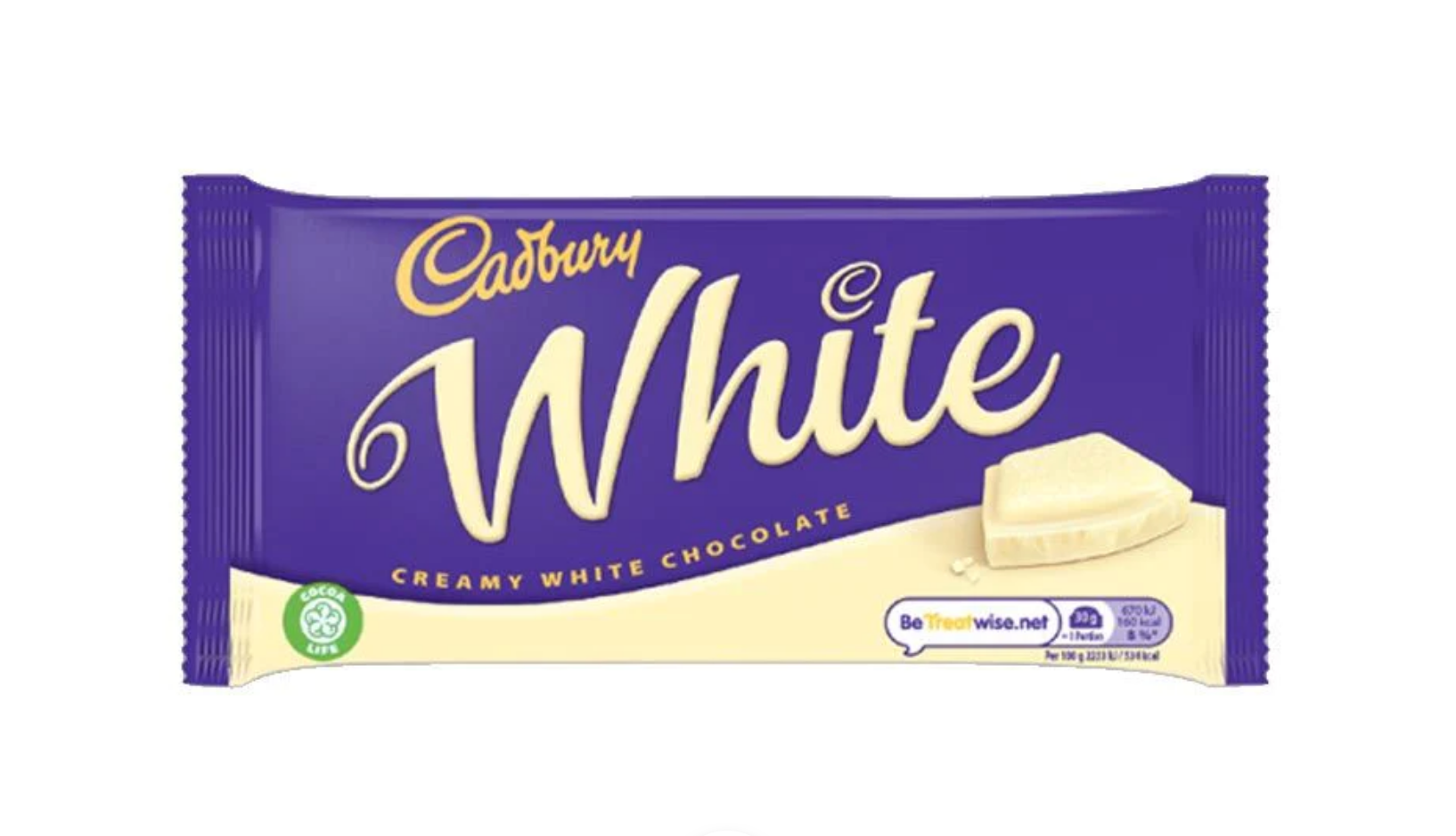Everything You Need to Know About White Chocolate
White chocolate is a creamy and sweet treat that has intrigued dessert lovers for decades. In this article, we'll delve into the world of white chocolate, addressing common questions and exploring what sets it apart from other chocolate varieties.
Is White Chocolate Made from Real Chocolate?
White chocolate is indeed a form of chocolate, but it differs significantly from traditional dark or milk chocolate. Unlike dark or milk chocolate, which includes cocoa solids, white chocolate is primarily made from cocoa butter, sugar, and milk solids. Cocoa butter is the fatty part of the cacao bean, and it gives white chocolate its smooth, melt-in-your-mouth texture. So, while white chocolate lacks cocoa solids, it is still considered a type of chocolate due to its cocoa butter content.
What Is Different About White Chocolate?
Several key differences set white chocolate apart from other types of chocolate:
Ingredients: As mentioned earlier, white chocolate consists of cocoa butter, sugar, and milk solids. Dark and milk chocolates, on the other hand, include cocoa solids, which give them their characteristic cocoa flavor and color.
Flavor Profile: White chocolate is known for its sweet, creamy flavor with notes of vanilla. It lacks the bitter or intense cocoa taste found in dark chocolate.
Color: White chocolate is pale ivory or off-white in color, while other chocolate varieties are darker due to the presence of cocoa solids.
Texture: White chocolate has a silky and smooth texture, making it ideal for melting and coating confections.
Cocoa Content: White chocolate typically contains no cocoa solids, whereas dark chocolate has the highest cocoa content, and milk chocolate falls in between.
Is White Chocolate Healthy?
White chocolate, like other chocolate varieties, should be enjoyed in moderation. While it's undoubtedly delicious, it tends to be high in sugar and fat due to its cocoa butter content. Here are a few considerations regarding its healthiness:
Calories: White chocolate is calorie-dense, so consuming it excessively can contribute to weight gain.
Sugar: It contains a substantial amount of sugar, which can affect blood sugar levels if consumed excessively.
Cocoa Butter: While cocoa butter is rich in healthy fats, it's still a source of calories, so portion control is essential.
Nutrition: White chocolate lacks the antioxidants and potential health benefits associated with dark chocolate's higher cocoa content.
In summary, white chocolate can be enjoyed as an occasional treat but should not be considered a health food due to its high sugar and calorie content.
Why Is White Chocolate Called White?
White chocolate is named for its pale color, which results from the absence of cocoa solids. The primary ingredients—cocoa butter, sugar, and milk solids—lack the dark pigments found in cocoa solids. This absence of cocoa solids gives white chocolate its characteristic ivory or white appearance, setting it apart from other chocolate varieties.
White chocolate is a unique and sweet indulgence made from cocoa butter, sugar, and milk solids. It offers a distinct flavor and texture compared to dark or milk chocolate and should be enjoyed in moderation due to its sugar and calorie content. The name "white chocolate" reflects its pale appearance, which arises from the absence of cocoa solids.
